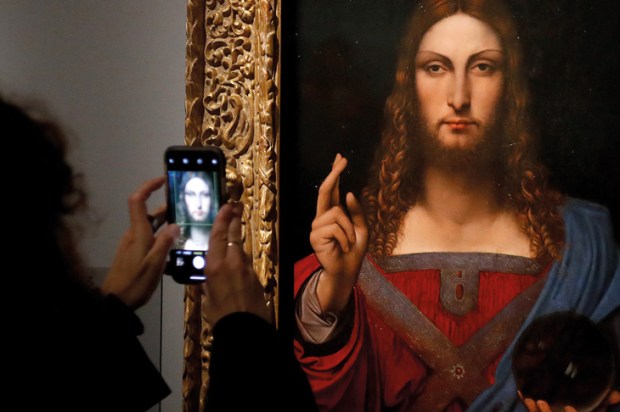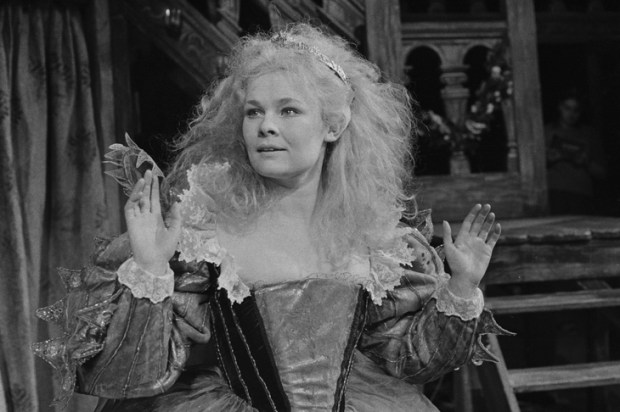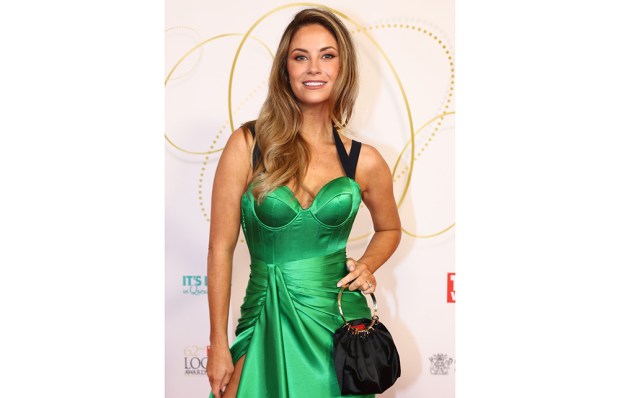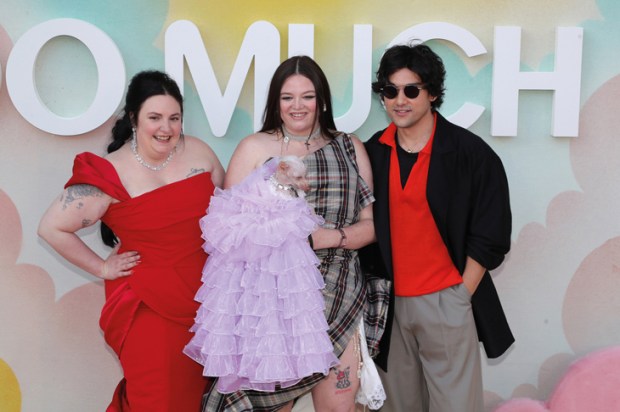You can hardly complain about the state of classical music in this country at the moment. The Australian Brandenburg Orchestra with Paul Dyer conducting is presenting Mozart’s Jupiter Symphony at Melbourne’s Recital Centre on October 24 to 27 and in Sydney from October 29 to November the 2nd. The Jupiter is among the very greatest things Mozart wrote. If you want to experience the fullest mercurial range of arguably the very greatest composer, go to this. The Jupiter represents the easygoing Mozart, at his most consciously God-like, the composer who can call spirits from the vasty deep and who watches them come at his call.
And if you want an astonishing rush of the sheer excitement of music go to the full cycle of Beethoven’s symphonies. They represent the summit of serious music and unfold with a sustained ecstasy demonstrating Beethoven’s capacity to pay homage to the wonder of a nature that transfigures the artifice that translates it. Invest in the Melbourne Symphony Orchestra’s headlong cycle – under the exuberant and extroverted baton of Jaime Martín – of all nine of Beethoven symphonies which run from the first and third on Tuesday November 19 and culminate with the ninth on November 28 and 29 at Hamer Hall. This would be the supreme treat for the youngster who is just discovering Beethoven and the way he crystallises a sense of the wonder of the world and is at the same time (with absolute sincerity) so self-expressive that the sheer depth of emotion exhibited is supremely moving. And, of course, the mammoth scale of this recapitulation of the greatest of all symphonic cycles will gladden the hearts of older music lovers who have known this music all their lives.
If you’re preparing for this onslaught of music you could do worse than listen to Karajan’s early 1960’s cycle with its sheer dash and sparkle and consummate self-possession. Jaime Martín will almost certainly wear his heart on his sleeve and maximise the drama of Beethoven’s symphonies.
Then there is Handel’s Messiah on Saturday 14 and Sunday 15 November which is music’s great tribute to the exaltation of Christmas in which that adoptive Englishman Handel set those Old Testament texts like Isaiah which insinuate at a level of grandeur how the New Testament is implicit in the Old. This one too is at Hamer Hall conducted by Erin Helyard. It is liable to be less embracingly expansive than Andrew Davis’s grand (very Goossens-influenced) Messiah which Beecham recorded – with that staggeringly craggy voiced Wagnerian Jon Vickers singing the tenor role – but this is likely to come with a more concentrated clarity. In any case, Messiah is great in any version and anyone who considers herself Judeo-Christian in a cultural sense should get to the Messiah and experience that weird historical moment of standing at the Hallelujah chorus. We stand because, long ago, the king stood and somehow in the face of the grandeur of the moment the standing is an act of homage, almost like kneeling.
It’s the exception that proves the rule in the history of the English reception of music. And isn’t it odd – while we ponder the British aspect of culture – that Kris Kristofferson, that Texas-born Rhodes scholar, should have written ‘Me and Bobby McGee’ for Janis Joplin. It’s the supreme tearaway girl’s song and the man who made Barbra Streisand’s A Star is Born found the words and melody to give Joplin – with whom he’d had a relationship – a supreme case in finding a tune and a set of lyrics so intimately suited to her strengths. Kristofferson, who died the other week, is also superb in Sam Peckinpah’s Pat Garrett and Billy the Kid. Everyone – and most notably Kristofferson and James Coburn (as Garrett) – is superb in the film except Bob Dylan, that utterly dramatic singer and poet who just can’t act, in a cameo role as a character called ‘Alias’. He does, however, sing his song ‘Knockin’ On Heaven’s Door’ very beautifully.
The upcoming British film festival will reveal what beauty Steve McQueen is going to find in Blitz with that magnificent actress Saoirse Ronan. And what a subject. Remember the Queen Mother saying when Buckingham Palace was bombed, ‘Now we can look the East End in the face’.
The tradition of British film will be continued with Hard Truths from that great master of the point where comedy and poignancy meet, Mike Leigh. It’s intriguing to see in a world of invoking classics that Ralph Fiennes and Juliette Binoche will be seen in The Return, a version of Homer’s Odyssey, presumably one with a more transparent relation to the original than the great modernist novel which traces its outline almost inscrutably, James Joyce’s Ulysses.
There’s a costume drama historical film Firebrand about the last days of Henry VIII, the supposedly happy ones with Catherine Parr that has that handsome man Jude Law as the monarch who was most famously played by Charles Laughton though Australia’s Keith Michell was a handsome Henry in the BBC Six Wives series and so was Robert Shaw.
That was in A Man For All Seasons which is part of a historical retrospective and the Robert Bolt scripted film from his play for which Paul Scofield won the Oscar as Thomas More (against Richard Burton in Who’s Afraid of Vriginia Woolf) would be a feast to see on the big screen with Fred Zinnemann’s expert and sumptuous direction. It comes with The Lion in Winter which has magnificent performances from Peter O’Toole as Henry II and Katherine Hepburn as Eleanor of Aquitaine though the marital feud (beloved of actors) is a bit too much like Virginia Woolf in medieval clobber. Becket where O’Toole played Henry II to Richard Burton’s Thomas Becket from the Jean Anouilh play is a better film. We also get Kenneth Branagh as Henry V (a role in which Burton and Jude Law excelled). There are screenings too of A Room with a View in honour of Maggie Smith, a dramatisation of the E.M. Forster novel. The Prime of Miss Jean Brodie for which she won her first Oscar, a very viable version of Muriel Sparks’ masterpiece, might have been a better bet. She also made films of Graham Greene’s Travels with My Aunt (standing in for Hepburn and directed by Cukor) and of Brian Moore’s The Lonely Passion of Judith Hearne though one performance that glows in the mind after more than fifty years is her Beatrice for Zeffirelli on British TV in Much Ado About Nothing.
Got something to add? Join the discussion and comment below.
You might disagree with half of it, but you’ll enjoy reading all of it. Try your first month for free, then just $2 a week for the remainder of your first year.













